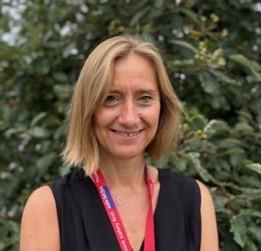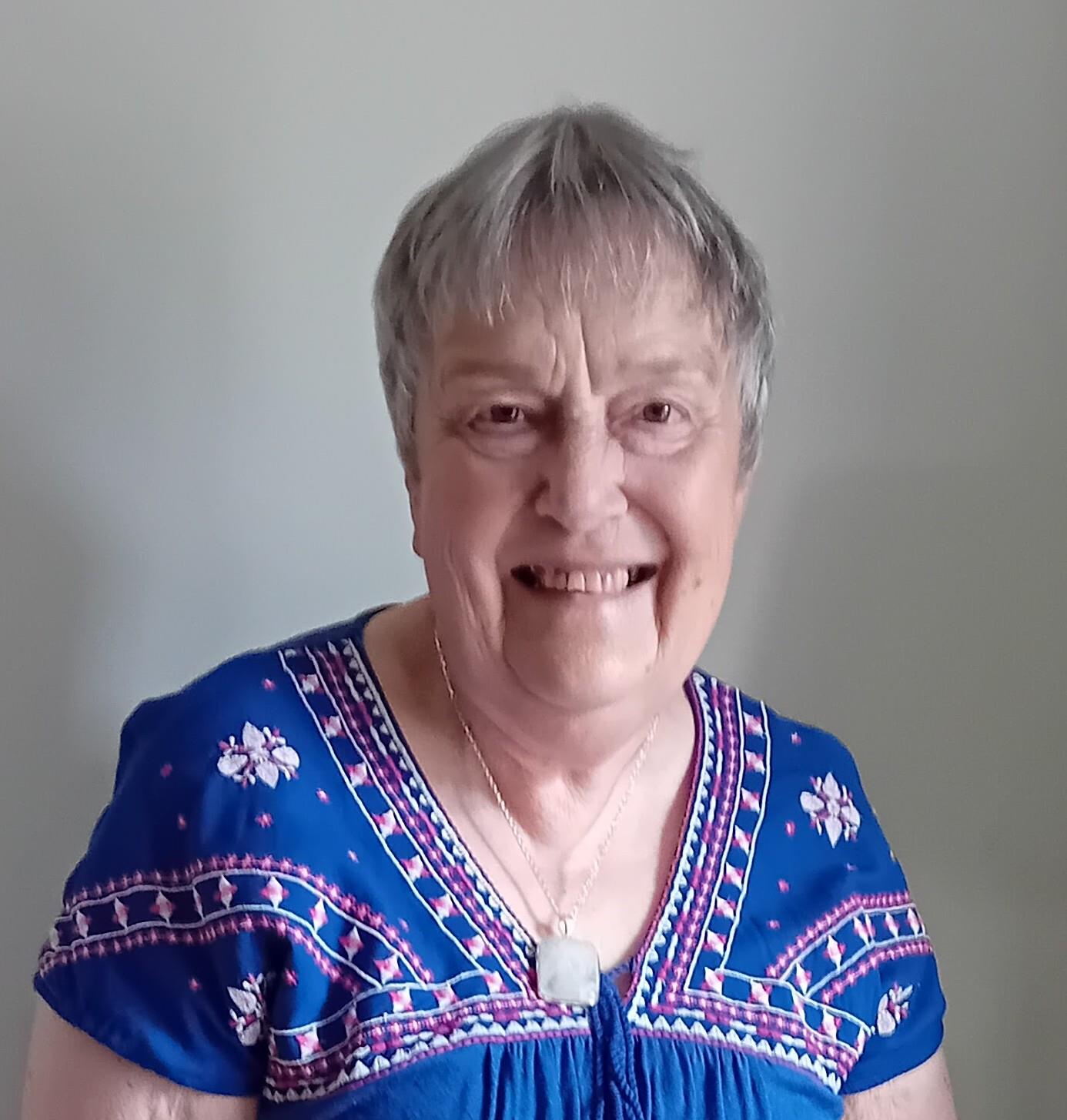Greatest research achievements in Kent, Surrey and Sussex: shortening treatment time for early breast cancer

To celebrate 10 years of the NIHR Clinical Research Network, we are looking back at our greatest research achievements over the past decade.
We’re showcasing both Kent, Surrey and Sussex-led research studies and those delivered in the region whose results have influenced and impacted clinical practice within the NHS and social care, locally and nationally.
This week, the spotlight is on PERSEPHONE, a cancer study which investigated whether the length of treatment for early HER2 breast cancer could safely be halved to only 6 months.
How many participants were recruited?
464 participants took part in Kent, Surrey and Sussex.
When was this study running?
October 2007 to July 2015.
What is the background of PERSEPHONE?
 Senior Research Nurse Sam Weller had an integral role in the running of PERSEPHONE at Surrey and Sussex Healthcare NHS Trust. Sam said: “Many years ago, it was identified that there is a subgroup of breast cancer which produced more of the human epidermal growth factor receptor 2 (HER2) protein. These cancer types showed good responses to newer, more targeted therapies being developed, including Trasuzumab (branded as Herceptin). Approximately 1 in 5 breast cancer patients are HER2 positive, and therefore benefit from this type of treatment.
Senior Research Nurse Sam Weller had an integral role in the running of PERSEPHONE at Surrey and Sussex Healthcare NHS Trust. Sam said: “Many years ago, it was identified that there is a subgroup of breast cancer which produced more of the human epidermal growth factor receptor 2 (HER2) protein. These cancer types showed good responses to newer, more targeted therapies being developed, including Trasuzumab (branded as Herceptin). Approximately 1 in 5 breast cancer patients are HER2 positive, and therefore benefit from this type of treatment.
“It therefore became standard care that early HER2 positive breast cancer patients were offered this treatment alongside the traditional treatment pathway and were given 3 weekly cycles of Trastuzumab for a year.
“Trastuzumab was one of the first targeted treatments that was specific to characteristics of the cancer cells, rather than a ‘one-size-fits-all’ regime. HER2 positive patients generally tolerate Trastuzumab well, and it can significantly reduce the chance of the cancer returning. However, as with all drugs, it is not without side effects, and there is a risk of toxicity.”
What was this study investigating?
In the largest trial of its kind, the NIHR awarded the PERSEPHONE trial £2.6 million to investigate whether the length of treatment, and therefore the risk of side effects, could safely be halved to only 6 months.
Why was this study important?
Sam added: “It can often be an arduous and challenging journey for cancer patients, with the amount and length of treatment they require. Therefore, to potentially halve the amount and duration of a certain drug, allowing the patient to earlier resume a relatively normal life is certainly a positive development. This reduced treatment time can also significantly lower the risk of adverse effects. Overall, it was a really uplifting study to be involved in, and as always, I was humbled by patient motivation to take part in the hope of improving care for future generations.”
What were the results?
Published in The Lancet, their results showed that taking trastuzumab for 6 months was as effective as 12 months for many women. After both 6 and 12 months of treatment, 9 out of 10 women were still free of breast cancer 4 years later. While the outcomes were very similar, cutting the treatment to only 6 months resulted in fewer severe side effects, including heart problems, fewer hospital visits and significant cost savings of £9,537 per patient for the NHS.
How has this study impacted clinical practice?
In light of their findings, NICE reviewed its existing breast cancer diagnosis and management guidance. Although it concluded that more evidence from further research was needed before changing the guidelines, NICE is optimistic that shorter treatment could benefit some patients who had a lower risk of the cancer recurring.
What’s next?
Following PERSEPHONE, the NIHR funded several awards investigating how well trastuzumab works as a treatment for early HER2 breast cancer. One such study is the £1.6 million HER2-RADiCAL, which is recruiting women with early HER2-positive breast cancer.
Anne Frances Oliver from Lingfield, Surrey, took part in PERSEPHONE at Surrey and Sussex Healthcare NHS Trust.

Anne said: “I was delighted to be asked to participate in the PERSEPHONE trial, to ascertain whether only 6 months on Trastuzumab would be as effective as a year. I was selected to continue with a year, but I would have been very happy to have only 6 months. I think this is an important trial because if 6 months would be as effective, it not only means less inconvenience to the patient, but a great saving of money to the NHS.
“Please take part in research if you possibly can. These trials are so important in enabling the NHS to move forward with more effective treatment and methods. It gives you a great feeling of satisfaction to know you have been able to help.”



